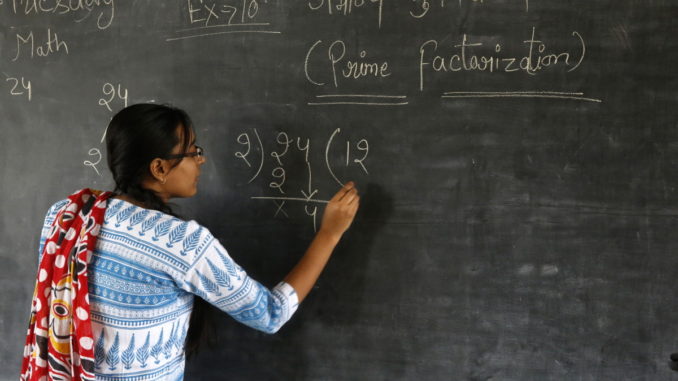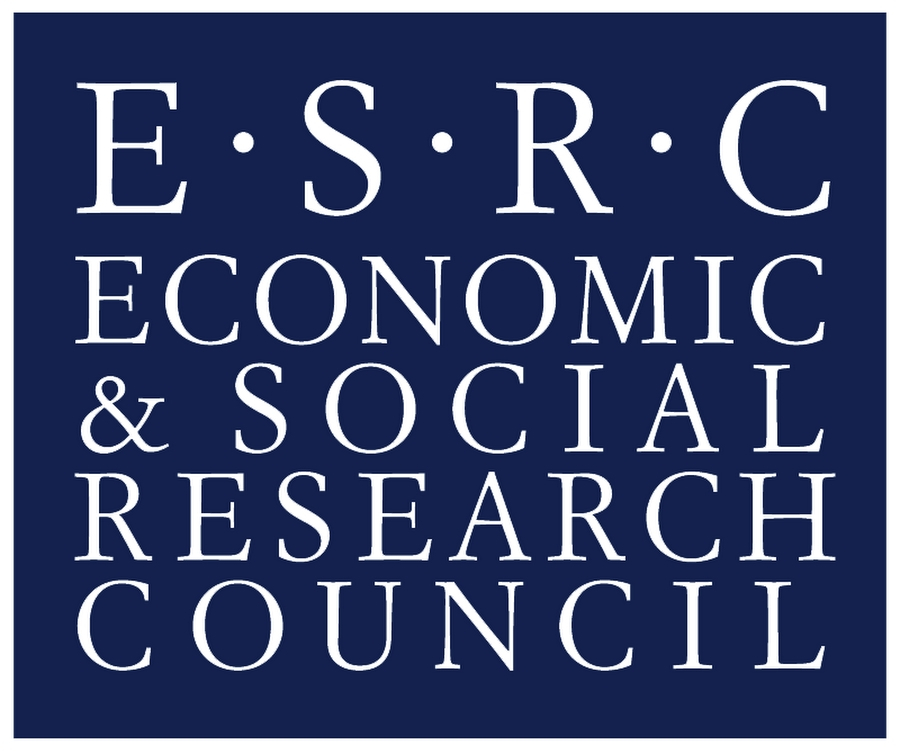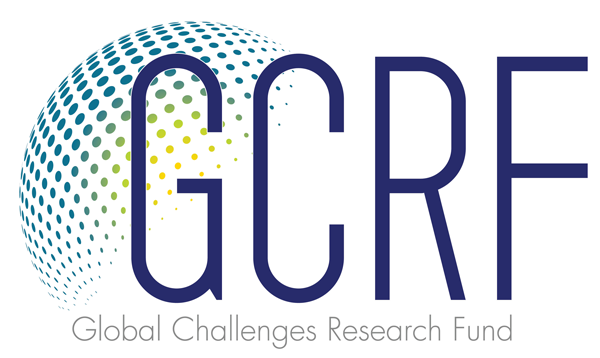
Ingrid Kvangraven and Carolina Alves clear up some common misunderstandings about ‘Heterodox Economics’ in a new GPID working paper. Here are their key lessons.
Many around us shun the use of the term “heterodox” and advise against using it. We believe the reluctance to use the term stems in part from misunderstandings of what the term means. In our new working paper, we frame these misunderstandings in the form of several myths about Heterodox Economics that mostly stem from the orthodoxy.
Myth 1: Heterodox Economics is Anything that is Not “Mainstream”
Recognizing that heterodox economists may be united in their critique of orthodox economics does not mean they are defined by this common position. Plenty of heterodox economists have come up with positive and proactive definitions of heterodox economics, indicating research programs that are independent of what is going on in the ‘mainstream. To us, heterodox economics is the study of production and distribution of economic surplus, including the role of power relations in determining economic relationships.
Myth 2: It is “hip” to be Heterodox
Although The Economist once ran a story “Is it heterodox, or just hip?”, heterodox economics is still excluded from the mainstream of the Economics field, as there has not been a substantial change in the field since the global financial crisis, let alone more inclusivity or openness (e.g. in top journals, hiring practices, prizes or teaching).
Myth 3: The Mainstream Is Already Heterodox
The Economics field has gone through many changes, including theoretical innovations such as behavioural, experimental and complexity economics. While this may give a perception of diversity and pluralism within the mainstream, there continues to be monism in the field in terms of theoretical starting points and methodological approach. Furthermore, these changes have not in any shape or form replaced neoclassical economics as the cornerstone of Economics curricula across the world
Myth 4: Heterodox Economics are Just Lefties Upset with Neoliberalism
The development of economic thought has always and everywhere been political, including neoclassical economics. Since class conflict is a core element of much of heterodox economic theory, heterodox economists might be more likely to challenge the ethics of distribution within the system of social provisioning. However, most heterodox economists do not actually practice politics.
Myth 5: Heterodox Economists Will Take Over Once They Are Able to Construct Convincing Enough Models (aka ‘It Takes a Model to Beat a Model’)
Several big names in the mainstream perpetuate this idea that Heterodox Economics is kept outside of the mainstream of the discipline because it is simply not rigorous or scientific enough. Two questions come to our mind: first, which kind of rigour is claimed within [mainstream] economics? Second: why aren’t heterodox models accepted as sufficiently rigorous? The rules of the games are contested and there is no impartial measure by which success is judged.
Myth 6: Heterodox Economics Is Not Really Economics Though
This view is ahistorical as it does not recognize that what is heterodox economics today was considered a part of Economics in the past. When Smith, Ricardo, Marx and Keynes did their economic work, they were acknowledged as being a part of the profession. Their ideas were excluded through a political process.
Why We Should Call Ourselves Heterodox
Heterodox economics is very often associated with a marginal disciplinary status. In our view, we need to use the term in order to challenge this marginalisation. If people find the heterodox label confusing, we should be able to clarify where we are coming from. This is key if we want to change the current state of our profession. If the label is problematic, perhaps it’s time to demystify, clarify and de-problematize it. The more scholars identity with the term, the more status and acknowledgement heterodox scholarship will get. Come join us outside of the heterodox closet!
Ingrid Kvangraven is a Lecturer in the Department of Politics, University of York. Carolina Alves is the Joan Robinson Research Fellow in Heterodox Economics at Girton College, University of Cambridge.
Related Reading:
| WP 19 | Ingrid Kvangraven and Carolina Alves | Heterodox Economics as a Positive Project: Revisiting the Debate | 15/07/2019 |

